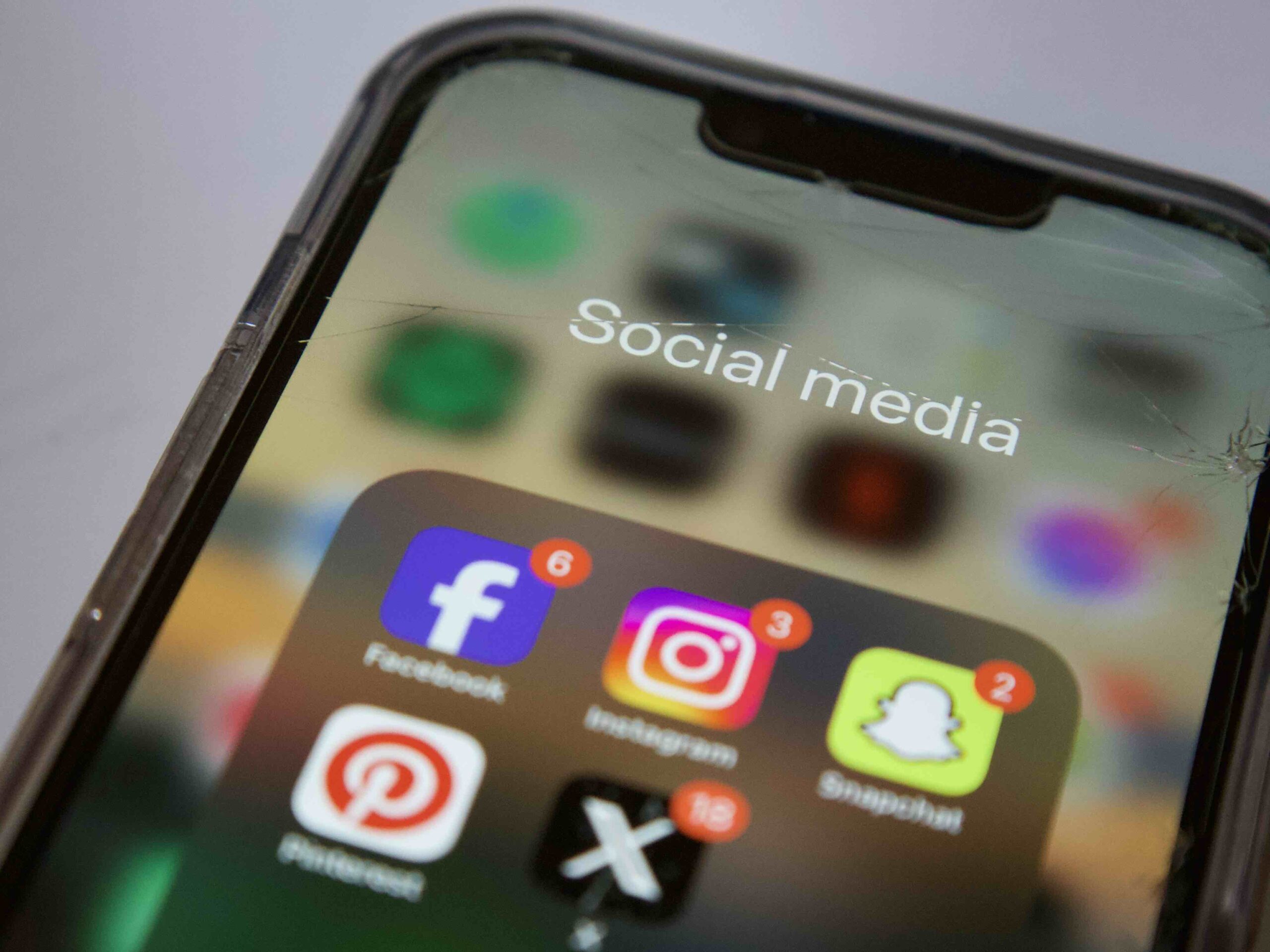Australia’s proposed social media ban has prompted critical and supportive responses from researchers, tech giants and world leaders.
On Nov. 21, the Australian government proposed legislation banning youth under 16 from social media. While specific measures are still being discussed, the government says that age-verification systems, potentially including biometrics or government identification, would enforce the new law.
Tech corporations could face fines of up to $50 million AUD (~$45.4 million CAD) for failing to prevent youth from creating and holding accounts.
“Social media is doing harm to our kids and I’m calling time on it,” said Australian Prime Minister Anthony Albanese at a news conference. The responsibility “will be on social media platforms to demonstrate they are taking reasonable steps to prevent access,” not “parents or young people.”
Messaging services and gaming sites will not be restricted, nor will some services whose access doesn’t require an account, but these guidelines will need to be cemented as regulators enforce the ban, should it pass.
The proposition faced a lot of backlash. James Turk, the director for the Centre for Free Expression at Toronto Metropolitan University, told Global News that “strong regulations” on platforms are necessary, but likens a “blanket ban” to library and book censorship. eSafety Commissioner Julie Inman Grant told BBC that such a ban could push kids into “dangerous, unregulated parts of the internet.”
Inman Grant also said that the evidence linking social media usage and declining mental health is “not settled at all,” and that vulnerable youth, like LGBTQ+ or Indigenous teenagers “feel more themselves online than they do in the real world.” She cited research from her own office regarding this information.
Similarly, tech billionaire Elon Musk, owner of social media platform X has been outspoken in his opposition to the legislation. Musk has a tumultuous past relationship with the Australian government. In September, he called them “fascists” over a proposed law that would fine media companies who perpetuate the spread of online misinformation. In April, Albanese called Musk an “arrogant billionaire who thinks he is above the law” when Musk accused the country of censorship after he was ordered to take a graphically violent video of a terrorist stabbing in Sydney off X.
Regarding the proposed ban, Musk tweeted, “Seems like a backdoor way to control access to the Internet by all Australians.”
Aside from Musk, most of these arguments hinge on increased regulations on social media platforms and better education so children know how to navigate online spaces. Jason Hannan, a professor of communications at the University of Winnipeg, said that governments should instead invest in “digital media literacy courses from a very, very young age.”
But many others are in full support of the ban. Speaking with the BBC, Emma — using a pseudonym to protect her son after he was threatened with intense violence on Snapchat — said increased digital literacy is a useless endeavour.
“Should we really be wasting our time trying to help kids navigate these difficult systems when tech companies just want them on them all the time?” Emma said. “Or should we just allow them to be kids and learn how to be sociable outside with each other, and then start these discussions later on?”
Amy Friedlander, a mother and member of the Wait Mate movement in Australia, echoed Emma’s sentiments.
“For too long, parents have had this impossible choice between giving in and getting their child an addictive device or seeing their child isolated and feeling left out socially,” Friedlander said. “We’ve been trapped in a norm that no one wants to be a part of.”
On The Conversation, Danielle Einstein points to many research articles that find correlations between social media usage and increased levels of cyberbullying, envy, FOMO, procrastination, depression, anxiety, low self-esteem and self-harm. She admits that there are some sources of error in the wider field of researching social media’s effects on youth, but that “focusing on debates between researchers is a misdirection and makes us complacent.”
Australia’s bill is expected to go to a vote as soon as this week, but it will not go into effect for at least a year after it is passed, if it is passed. With the United Kingdom considering a similar ban in the future and Florida already legislating a social media ban, only time will tell if this becomes the standard procedure for combatting social media’s effects on children.

